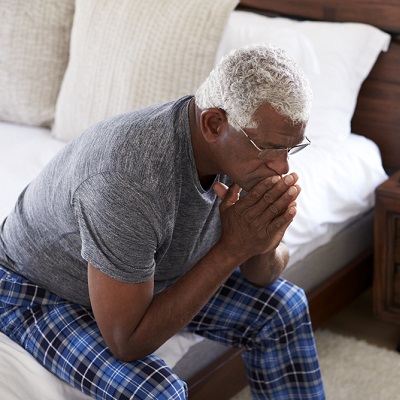 The young rarely think about end of life plans, the middle-aged may think about it – but not do anything to prepare – and the aged will think about it often, but usually won’t do anything, either.
The young rarely think about end of life plans, the middle-aged may think about it – but not do anything to prepare – and the aged will think about it often, but usually won’t do anything, either.
No one likes to think about the end of their life. It gets more difficult as you get older, because many older people feel a sense that time is ticking by faster than ever.
They can begin to think about the things they wanted to accomplish and didn’t. They look back over their lives and wish they could have their youth back with the wisdom that they have now. Thinking about the end of life is tough as we age.
But actually making plans for when we transition from life to death is difficult because it makes it all seem so permanent, so final. We think about leaving our loved ones behind and we want to make sure that they’re taken care of – that they’re going to be okay.
We want to make sure that they know what to do once we’re gone. While we think these thoughts, we rarely put anything into motion that will prepare everyone.
As we grow older, the end of life is a lot closer than it was when we were in our twenties or thirties. But, the sad truth is that the end of life can happen at any age.
We don’t like to talk about it because it’s a morbid topic that can be slightly depressing. We all enjoy life and we enjoy doing things and being active. We enjoy our loved ones and our friends.
We feel like we have so much left to do – so much left that we want to accomplish. So we don’t talk about it. Sometimes, we don’t talk about it because of fear.
Not knowing what the end of our life will be like is scary. And the end of our life isn’t necessarily about dying. It can be the point where we’re no longer capable of taking care of ourselves.
We don’t like to think about that – about what will happen when we’re not independent – when someone else calls the shots about our finances, our health and where we’ll live.
So we don’t make plans because we don’t want to think about it. But it’s better to be prepared than caught off guard. You don’t want to reach a point in your life when you no longer have any say in what happens to you.
While you’re in the right mindset and you have the ability to decide what happens to you at the end of your life, you need to make plans. Not only will this ensure that your wishes are carried out, but you’ll remove a heavy burden from your family members as well.
In the event that you’re not capable of taking care of yourself, they’ll be forced during a time of emotional upheaval to make a decision. You don’t want that for them or for you.
You can create an end of life directive or an advanced health care directive that will take care of your medical wishes. You can also fill out paperwork appointing a certain friend or loved one that you trust to carry out your wishes and to be responsible for taking care of your financial affairs.
The end of life moments are coming for us whether we’re prepared or not. So have a conversation about it, set things in order, and then go out and enjoy your life.






